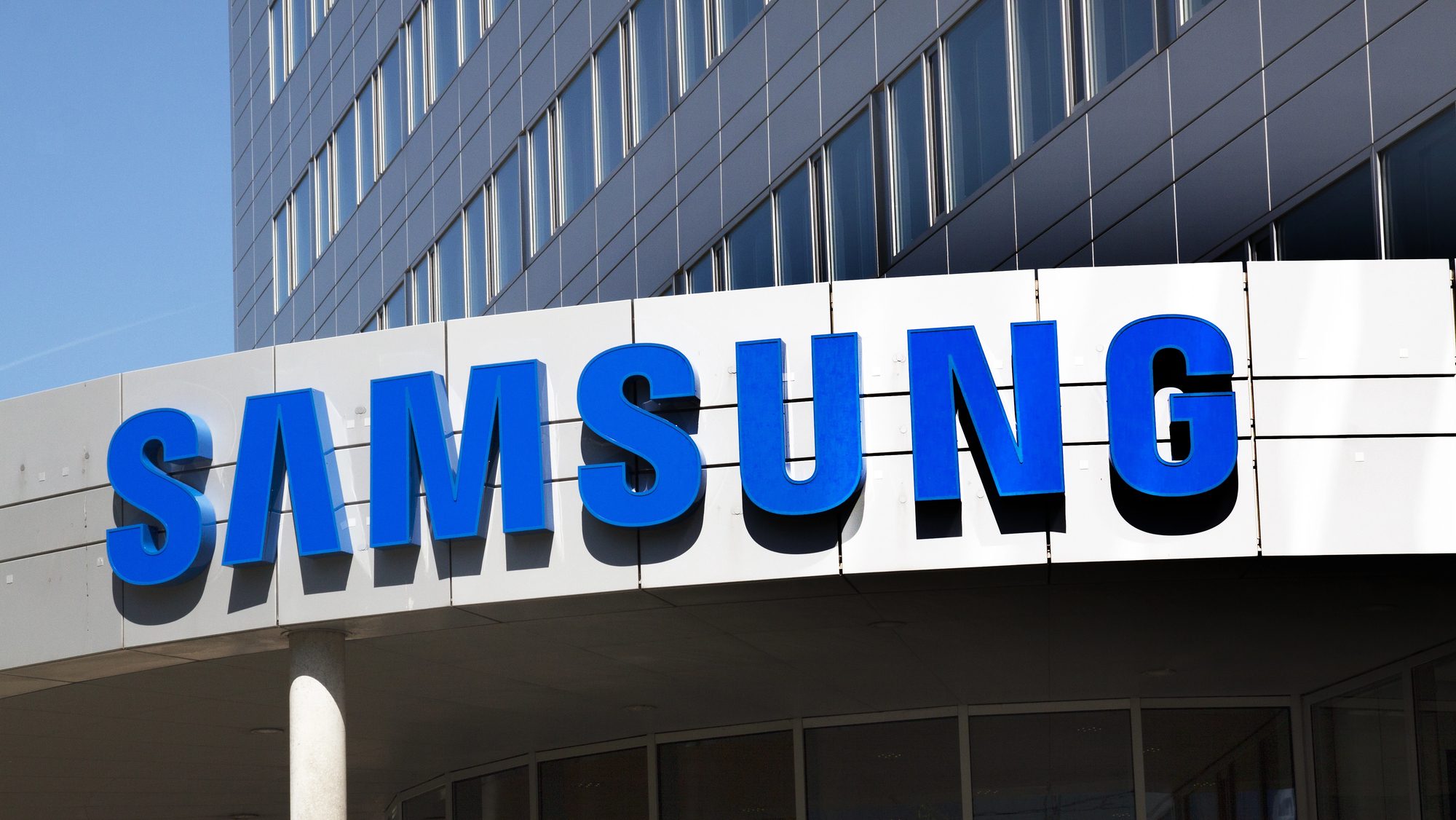SINGAPORE: Samsung Electronics Co is cutting jobs across Southeast Asia, Australia, and New Zealand as part of a larger plan to reduce its global workforce by the thousands, as revealed by sources close to the matter.
Singapore employees were among the first to be affected, said another source.
On Tuesday, Samsung employees in Singapore were called into private meetings with HR managers and their reporting managers where they were informed of the layoffs and given details about their severance packages.
The Edge Malaysia reported that, according to a person who wished to remain anonymous, the layoffs could affect about 10% of the workforce in these regions, though exact numbers may differ for each office.
The person added that this is part of a larger effort by the company to cut jobs overseas, where Samsung employs more than 147,000 people, over half of its global workforce of 267,800. No job cuts are expected in South Korea.
A Samsung spokesperson confirmed that some overseas offices are conducting routine workforce adjustments to improve operational efficiency. However, he noted that the company has not set a specific target for any particular positions.
Samsung’s financial performance has been weak this year, with its shares dropping by over 20%. As the world’s largest maker of memory chips and smartphones, the company has faced stiff competition.
SK Hynix Inc. has overtaken Samsung in producing memory chips for artificial intelligence, and Taiwan Semiconductor Manufacturing Co. continues dominating the custom chip market.
This isn’t the first time Samsung has reduced its workforce. Recently, the company cut 10% of jobs in India and parts of Latin America. In this current round of layoffs, Samsung will likely cut fewer than 10% of its overseas staff.
Most cuts will be in management and support roles while the company looks to preserve its manufacturing positions. Local labour regulations and financial priorities will likely affect the number of job cuts.
Samsung is also facing internal pressure in South Korea. In May, the largest union within the company went on strike for the first time. /TISG
Featured image by Depositphotos

